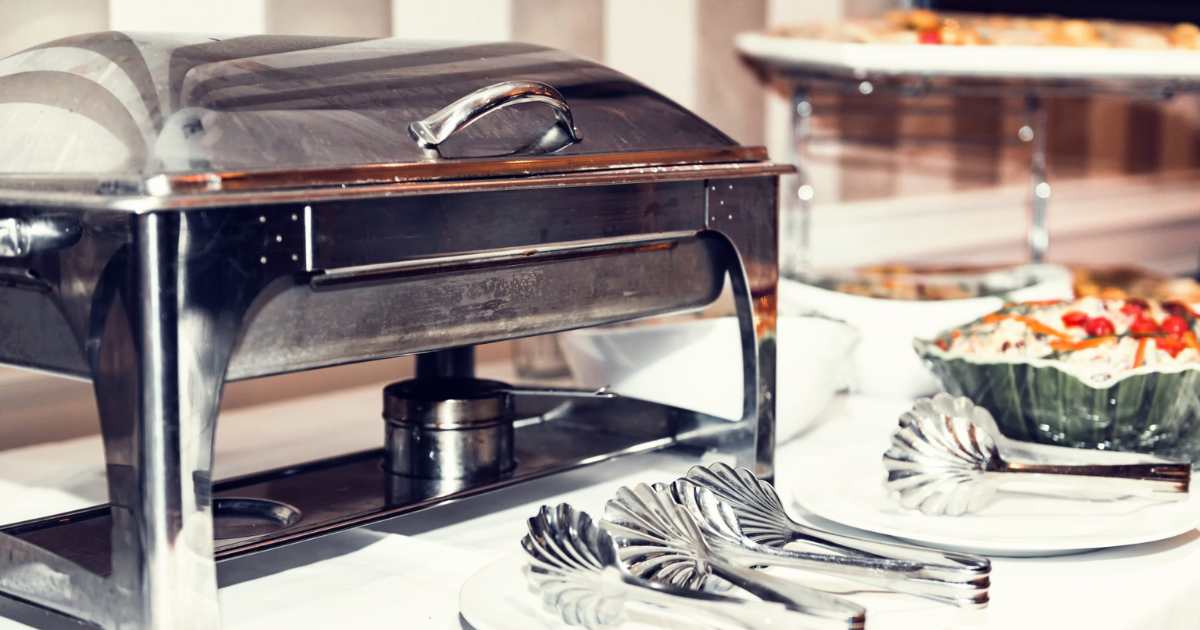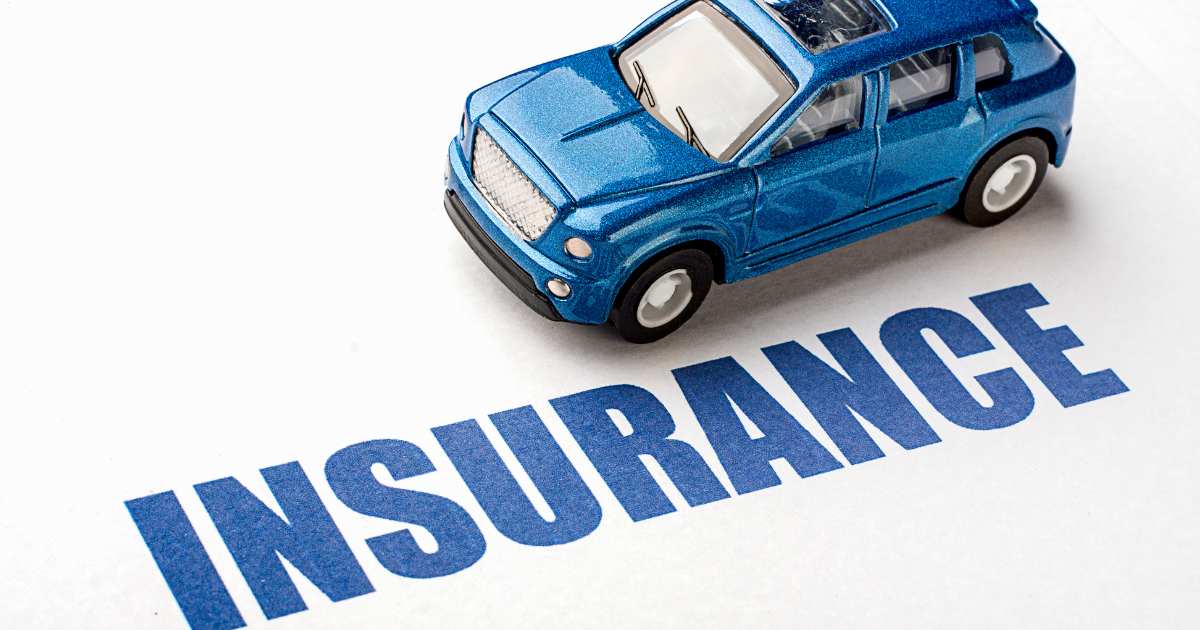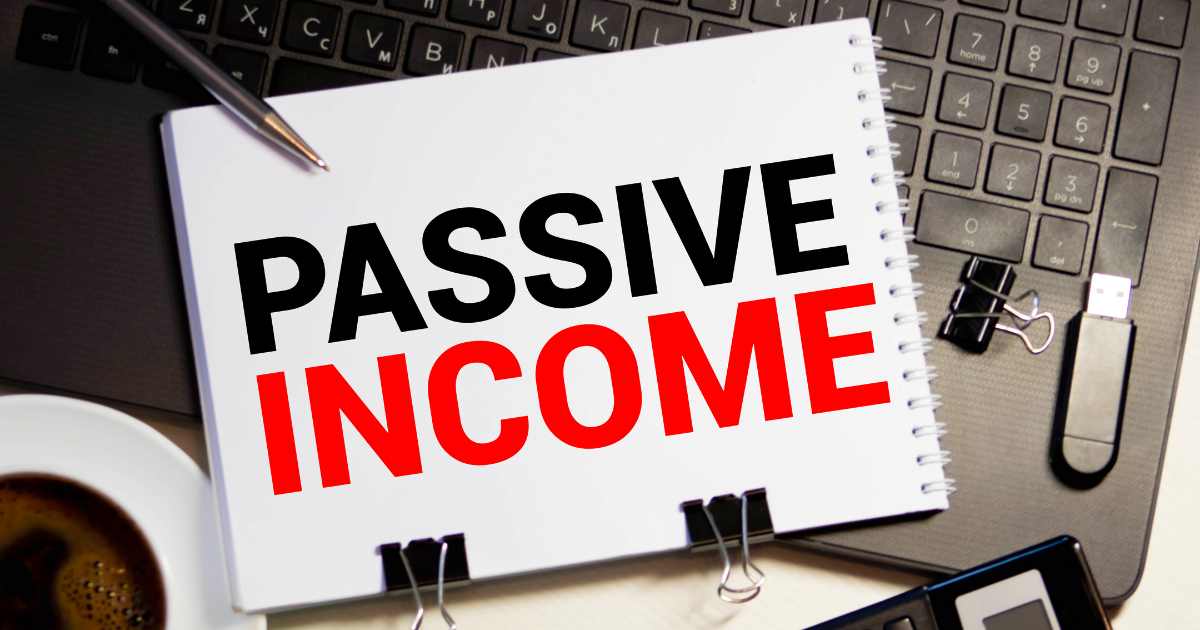
Many people dream of turning their love of cooking into a profitable business. One of the best ways to do this is to start a catering business.
Catering is an excellent business idea for townships, city centres, office parks, and anywhere else where there are hungry people. If you start small, it can also be a relatively easy business to get off the ground.
In this guide, we’ll cover the essentials you need to know for getting your catering business started.
Industry Overview
There are plenty of great opportunities available for a catering business in South Africa. Starting a catering business allows you to target the growing tourism industry, schools, universities, private businesses, events, and any other organisations that require catering services.
One of the great things about a catering business is that you have some flexibility to work with different clients in different areas. These days, people have become more conscious of what they eat, with a greater focus on healthy food. This means there is more demand for catering businesses that can supply this.
As long as people need to eat, there will be a need for catering businesses. This means the industry is big and has many opportunities.
Getting Started
If you want to start a catering business, the first thing to do is to conduct thorough market research. Establish where there is a need for catering, and what kind of catering services are in demand. You need to identify a gap in the market that you can fill.
The next step is to determine your location and premises. Some catering businesses are fully mobile, while others operate from a single kitchen. Either way, you will need a permanent base to keep all of your equipment and stock, receive orders, and do some prep work. It’s possible to do this in your home kitchen when starting.
One of the biggest challenges of starting a catering business is getting it fully equipped. Catering requires a lot of kitchen equipment. You will need large pots and pans, a stove, a big enough oven, prep spaces, food storage containers, and more. Your equipment and kitchen space will also determine how large your output will be. It’s important that you know the maximum number of people you can cater for before marketing your business.
An important step in starting a catering business is coming up with your products and menus. This should match your target audience and their interests. Your menus also need to be practical, based on your available equipment and ingredients. Some catering companies specialise in niche areas (like health foods, cakes, or packed lunches), while others offer a broad variety of menus.
When your business is ready to operate, you will need a marketing plan to attract customers. This needs to align with your business model. Some catering companies take on a contract with one or two large clients that they serve every day. Others focus on events and need to attract new clients all the time.
All of this should be included in your business plan. The business plan also needs to include your costings, prices, and profit margins on menu items.
Industry Challenges
The catering industry in South Africa is highly competitive. Your business will have to compete with other catering companies, as well as supermarkets that offer catering services and restaurants.
Catering also comes with high operating costs. These costs include your staff, ingredients, gas, rent, equipment, cleaning supplies, your vehicle, and more. A successful catering business needs to have tight control over its finances, as profit margins can often be quite thin.
Laws and Regulations
You will need to have a business license to start a catering operation. You will also need to have a certificate of acceptability. These are essential requirements for any business that prepares and serves food in South Africa.
Must-Have Tech Tools
Technology can play a big role in supporting your catering business. To make things easier to manage, consider getting inventory management software and bookkeeping software. Specific catering software solutions are also available to help you manage your business, invoice clients, plan your menus, manage staff, and control finances more efficiently.
If you’re looking for small business ideas for rural areas or busy urban neighbourhoods, then catering is always a good option. There is always a need for food, which means there is always a demand for catering. With a well-planned business, great food items, and the right market, starting a catering business can be a profitable and rewarding venture.





